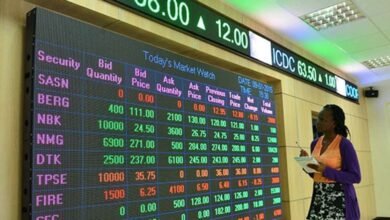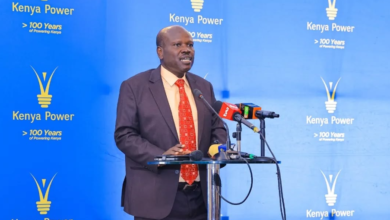
Nairobi has been ranked as the third most stressful city in Africa after Nigeria’s Lagos and Cairo, according to a report by Germany-based Company Vaay.
Nairobi also ranked at number 80 out of a list of 100 countries, globally.
The top 100 cities for the survey were chosen based on their size and global significance, as well as the availability of reliable and comparable data.
“We carried out some research to determine the most and least stressful cities in the world, based on structural and environmental factors that are often ubiquitous, but sometimes overlooked, and can contribute to a person’s overall level of stress. The result is an index of 100 major global cities comprising over 15 factors, each ranked on a scale from most to least stressful,” says the report.
Nairobi scored high in having lower levels of air and light pollution and having conducive weather condition anchoring its overall score of 56.1 out of a possible 100 points.
Also Read:
- Kenya’s passport moves 3 positions high globally, ranked top 10 best in Africa
- Kenya ranked third in the list of sub-Saharan Africa financial markets
- The businesses Dr. Chris Kirubi owned
However, the city scored dismally in access to healthcare, noise pollution, political stability, safety and security.
At the same time, Nairobi had a high population density averaging at 6,318 people per square kilometre.
Similarly, Nairobi’s rampant traffic snarl-ups gave it a below average score of 46.6 points on traffic congestion.
Other African cities which ranked least include Morocco’s Casablanca at position 79, Algeria’s Algiers (78), South Africa’s Cape Town and Johannesburg at 51 and 49 respectively.
On the global front, India’s Mumbai was ranked as the “most stressful” city to live in, ranking 100/100 on the list.
The cities were analysed on a variety of indicators, ranging from governance to environment, finance and health.
These indicators were further based on 15 parameters such as safety and security, gender and minority equality, socio-political stability, population density, pollution levels and weather patterns.
In contrast, Iceland’s Capital Reykjavik is the least stressful city on the globe with a combined score of 100 points.





